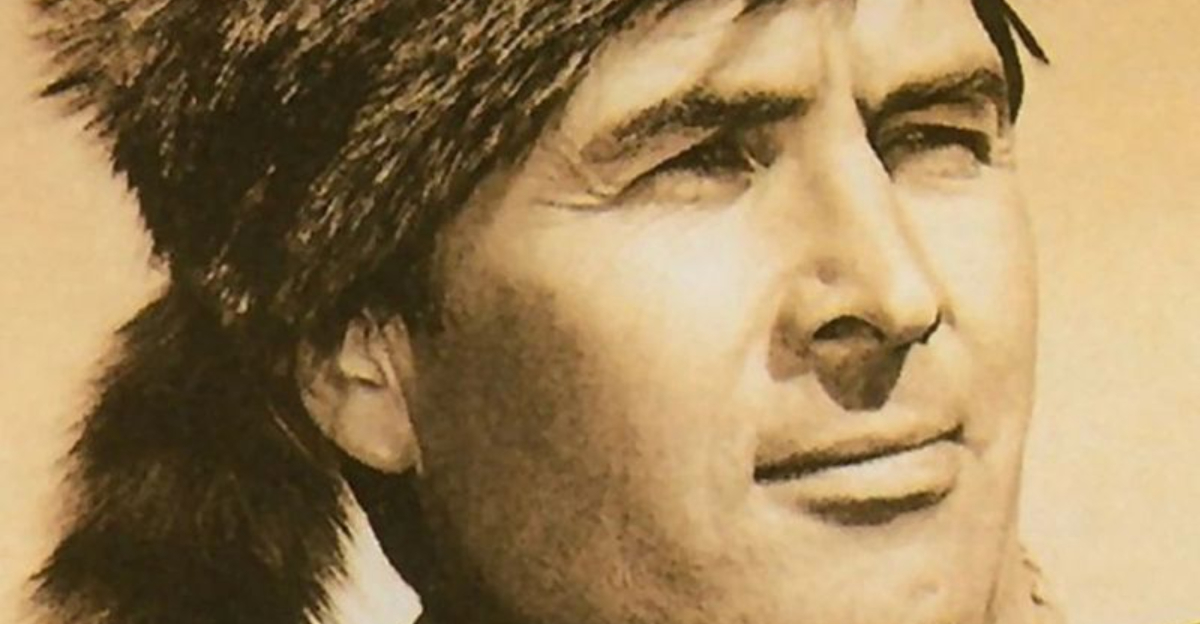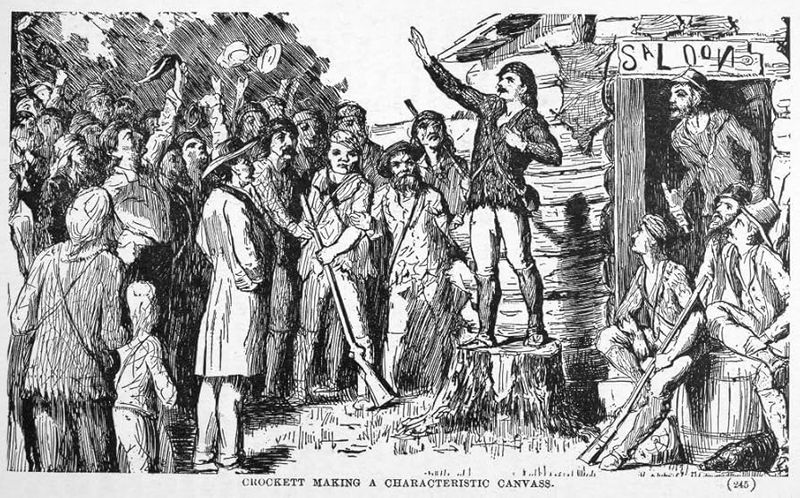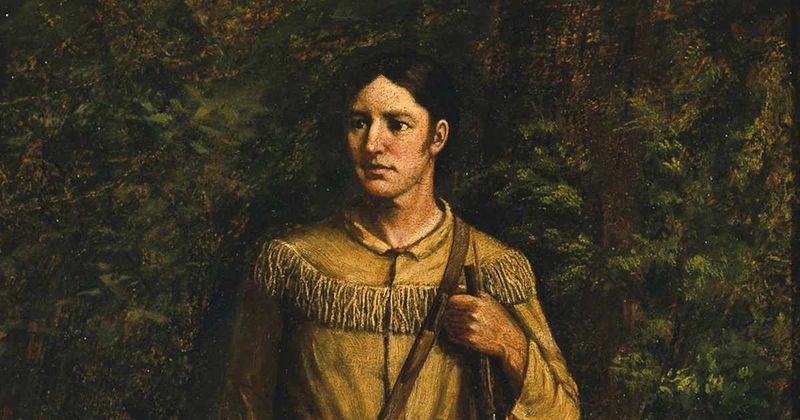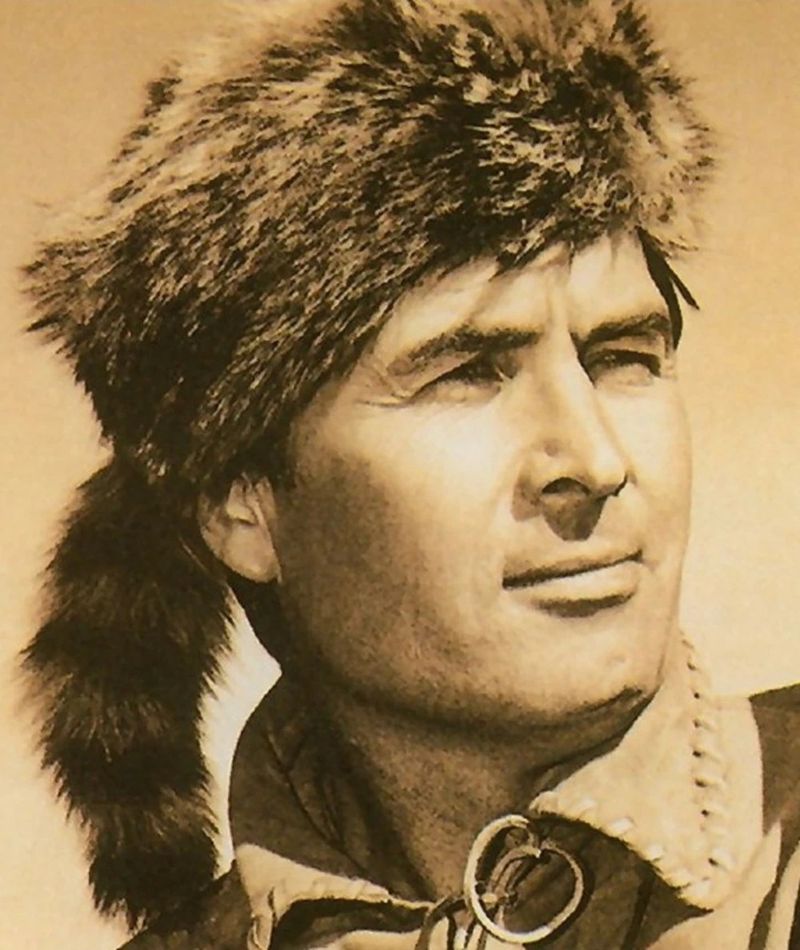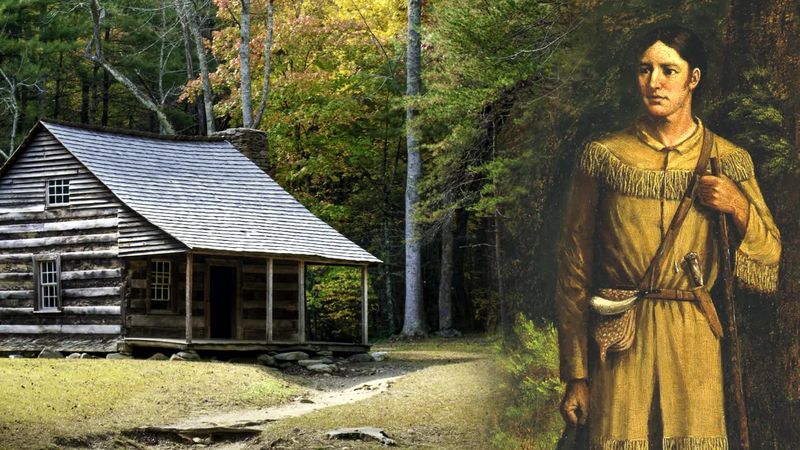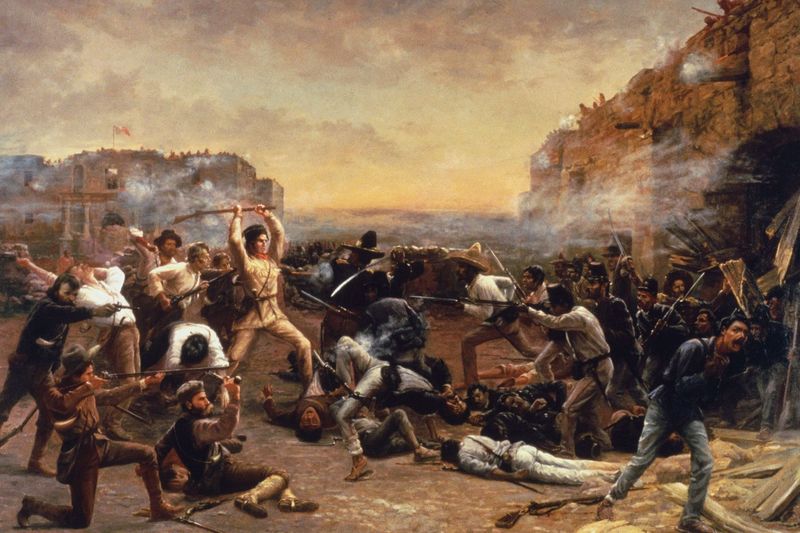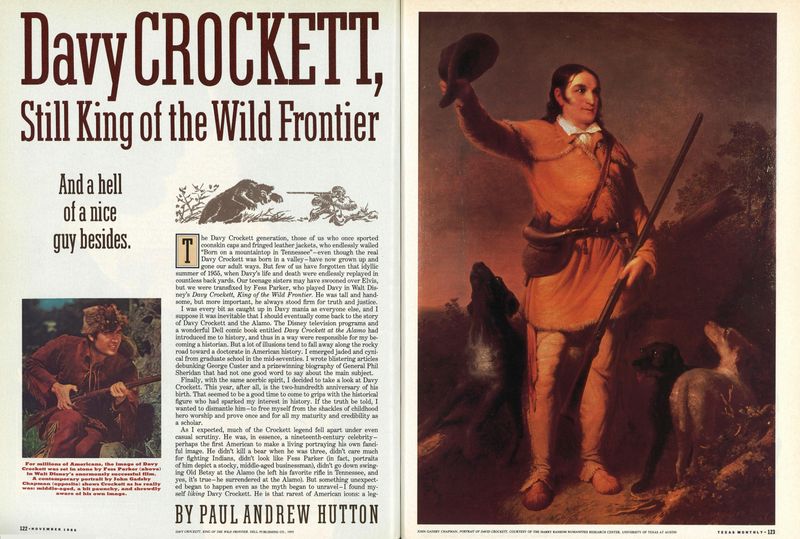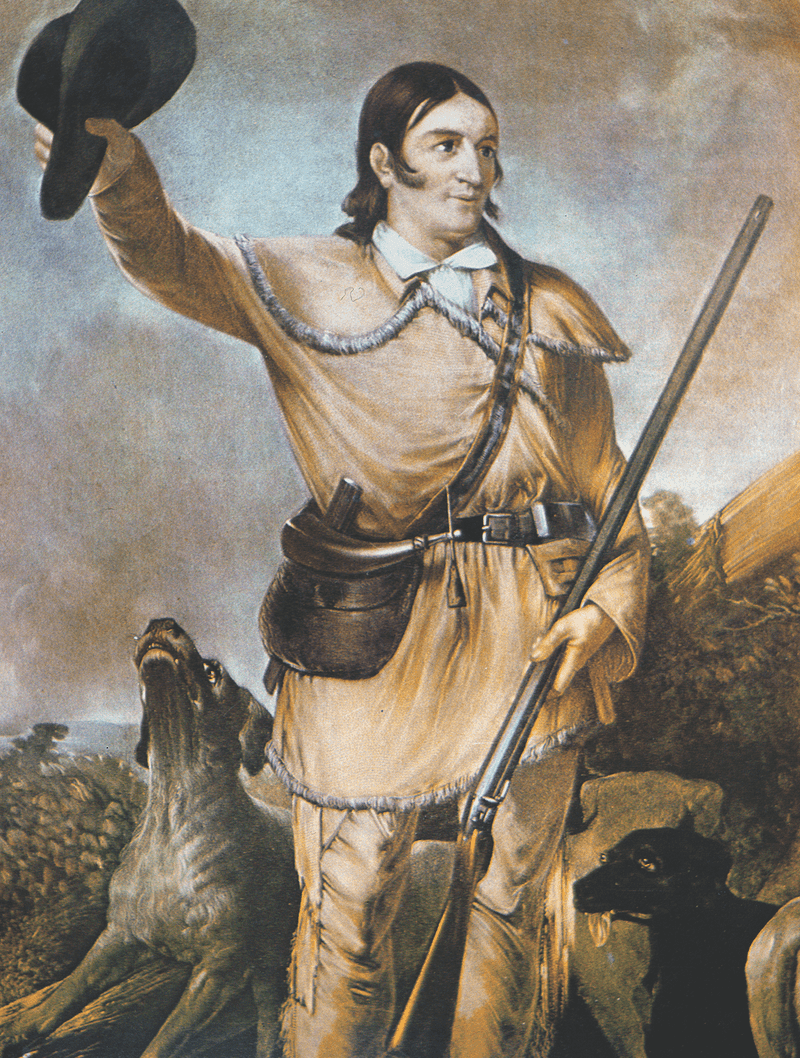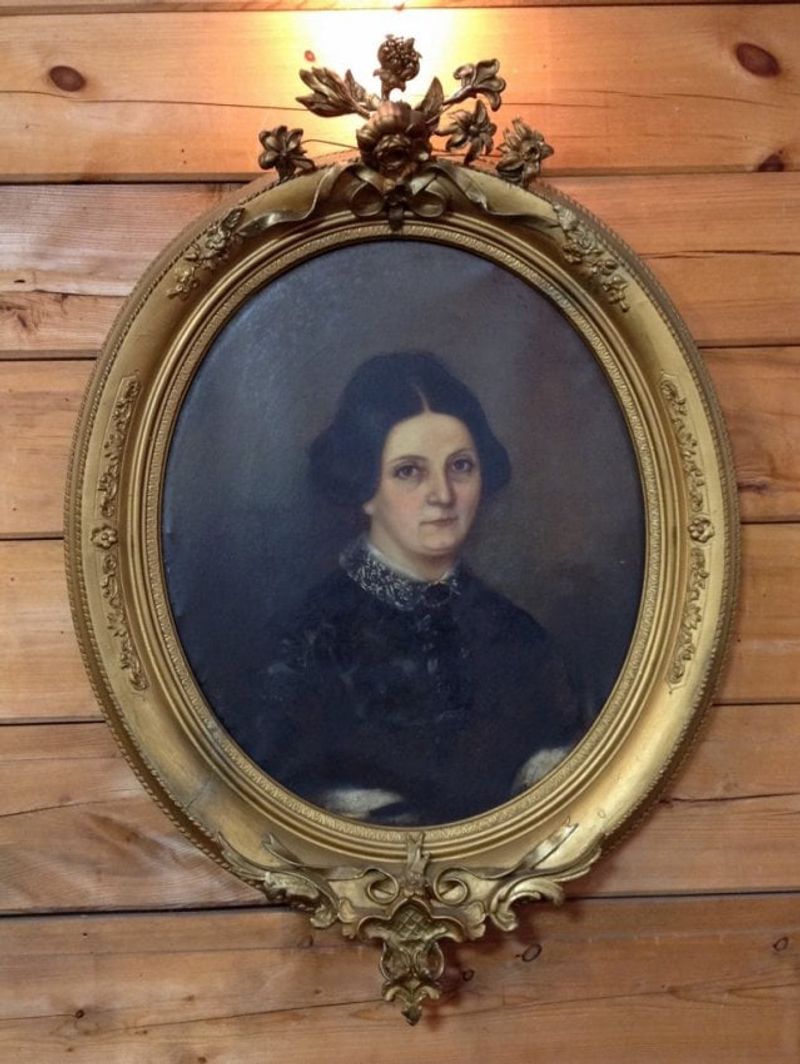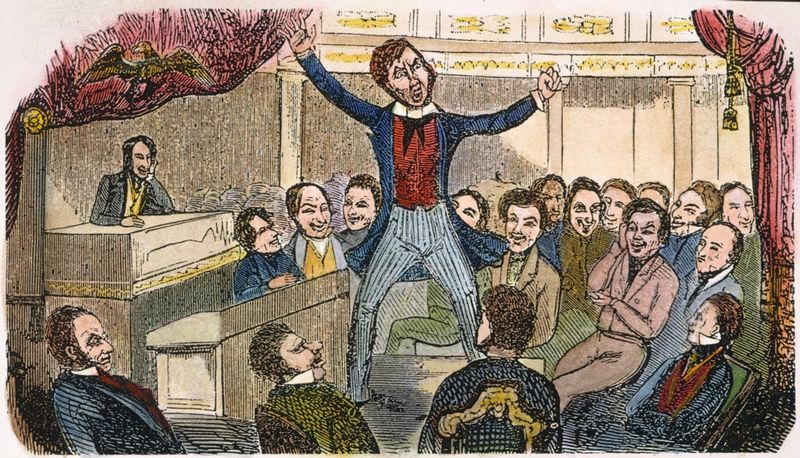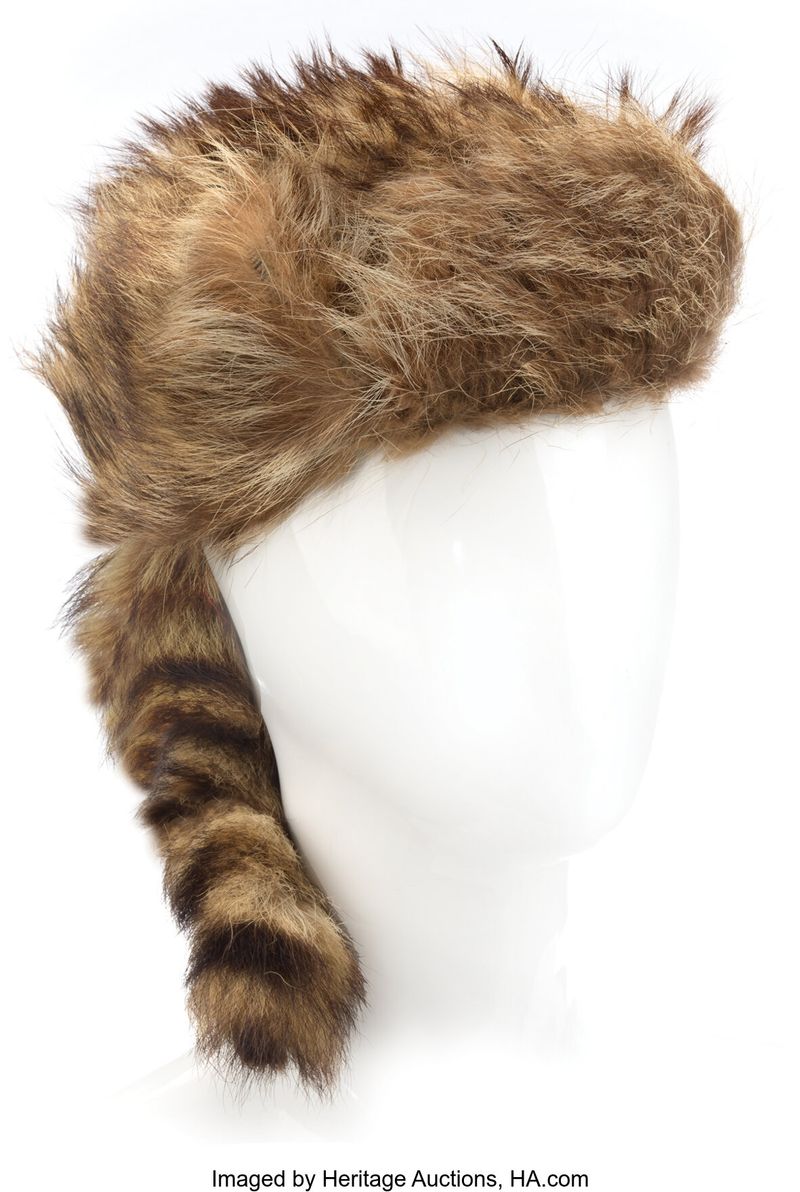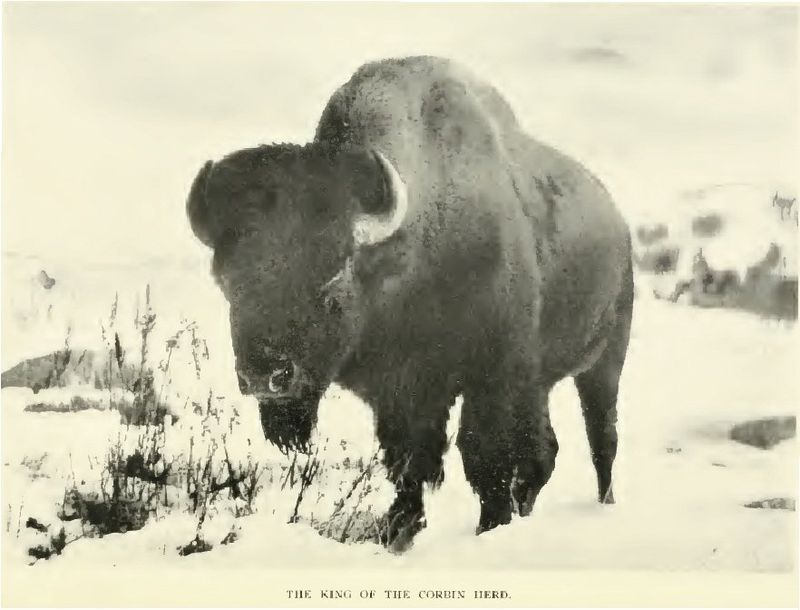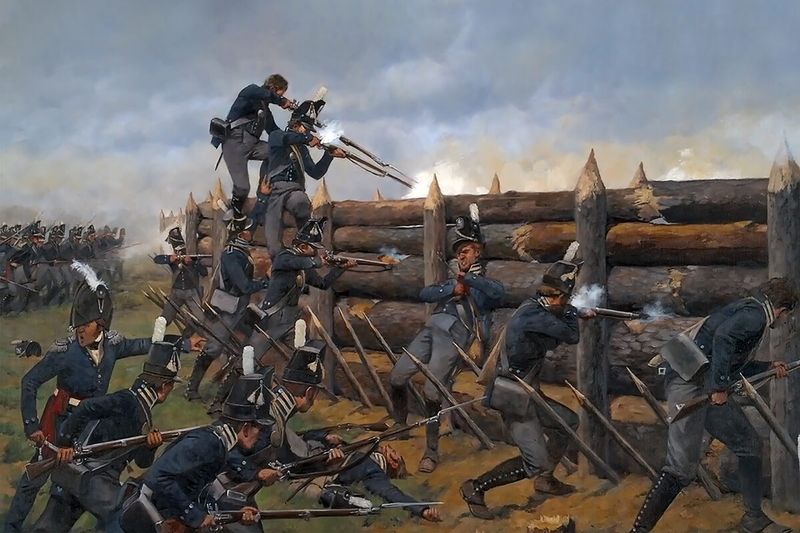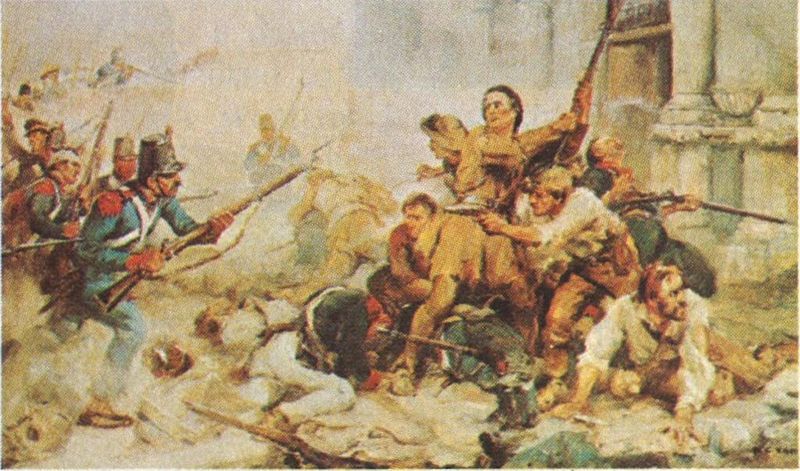Davy Crockett wasn’t just a coonskin cap and a tall tale – he was a real American who lived an extraordinary life. Born in the Tennessee wilderness in 1786, this frontiersman, politician, and folk hero captured America’s imagination with his larger-than-life adventures. Beyond the myths that surround him, Crockett’s actual story contains surprising twists that reveal a complex man who helped shape early American history.
1. Political Rebel With a Cause
Crockett’s political career nearly ended before it began. Though he served three terms in Congress, he famously declared, “You may all go to hell, and I will go to Texas” – revealing his deep frustration with Washington politics. His independent streak made him unpopular among party leaders but beloved by constituents who appreciated his straightforward approach. Crockett frequently clashed with President Andrew Jackson, refusing to toe the party line when he disagreed with policies. This political maverick ultimately lost his final re-election bid in 1835, pushing him toward his fateful journey to Texas.
2. Wrestling Champion of the Frontier
Long before WWE superstars, Crockett dominated frontier wrestling circuits. By his twentieth birthday, he had claimed over fifty victories in rough-and-tumble matches throughout Tennessee. These weren’t choreographed performances but genuine tests of strength and grit. Frontier wrestling combined elements of modern freestyle wrestling with bare-knuckle fighting techniques, making it a brutal sport that required both skill and courage. His wrestling prowess cemented his reputation as one of the toughest men on the frontier and helped build the legendary status that would later serve him well in politics.
3. The Bearded Injun’s Wilderness Challenge
“Bearded Injun” – an unusual nickname earned through extraordinary circumstances. Crockett made a daring pledge to survive an entire winter without modern weapons, relying solely on primitive hunting and foraging skills. Throughout that brutal Tennessee winter, he tracked game using handmade traps, crafted shelters from natural materials, and foraged for edible plants. As promised, he grew a full beard during this ordeal, which became his trademark among fellow scouts. This wilderness challenge demonstrated Crockett’s remarkable self-reliance and intimate knowledge of frontier survival techniques that few men of his era possessed.
4. Unexpected Friendship With Seminole Warriors
During the First Seminole War of 1818, fate took an unexpected turn when Crockett was captured by Seminole warriors. Rather than meeting a violent end, he reportedly earned their respect after they discovered he had saved a wounded Seminole fighter during battle. This brief but meaningful connection showed a different side of frontier relations. While contemporary accounts lack extensive details, Crockett later spoke with unusual respect about Seminole culture and fighting prowess. His experience stood in stark contrast to the prevailing attitudes toward Native Americans and may have influenced his later political positions.
5. Standing Against the Trail of Tears
Courage isn’t just facing physical danger – sometimes it means standing alone against popular opinion. Crockett demonstrated remarkable moral courage when he voted against Andrew Jackson’s Indian Removal Act of 1830. Despite having served under Jackson militarily and representing constituents who largely supported removal policies, Crockett couldn’t stomach the injustice. “Native Americans had as much right to their land as white settlers,” he argued, predicting the suffering that would follow. His principled stance cost him politically but revealed a man whose conscience sometimes overrode political expediency and cultural prejudices of his era.
6. Literary Sensation of the 1830s
Frontier life meets bestseller lists! Crockett’s 1834 autobiography, “A Narrative of the Life of David Crockett, Written by Himself,” became an immediate publishing sensation that captivated American readers. The memoir blended authentic frontier experiences with entertaining tall tales, creating an irresistible narrative voice. Publishers rushed multiple printings as urban readers devoured stories of bear hunts and wilderness adventures from a man who had lived them. This literary success transformed Crockett from regional politician to national celebrity, cementing his larger-than-life persona and ensuring his place in American popular culture for generations.
7. Heartbreaking Political Defeats
Imagine losing your dream job by a single vote – twice! Crockett experienced this crushing disappointment when he lost his House seat in 1831 by just one vote, a direct result of his increasingly anti-Jacksonian positions. Lightning struck twice when he lost another political race by a single vote in 1835. These razor-thin defeats deeply affected him, suggesting to Crockett that Tennessee politics had no place for independent thinkers. Frustrated and feeling betrayed, these losses became a turning point that pushed him toward Texas and the fateful encounter at the Alamo that would define his legacy.
8. Elizabeth: The Forgotten Mrs. Crockett
Behind the legendary frontiersman stood a remarkable woman largely erased from popular history. After his first wife Polly died in 1815, Crockett married Elizabeth Patton, a widow with two children of her own. Elizabeth brought stability and prosperity to their blended family. She managed their Tennessee homestead during his long political absences and bore him three additional children. Unlike the rough-hewn image of her husband, Elizabeth was reportedly well-educated and financially savvy. She remained devoted to Crockett until his death at the Alamo, yet her substantial contributions to his success story remain overshadowed by frontier mythology.
9. California Gold Seeker – Decades Too Early
Twenty years before the famous Gold Rush, Crockett chased golden dreams through the American West. In 1826, tantalizing rumors of gold nuggets in California mountains lured him on an ambitious expedition from Texas through New Mexico territory. The journey proved arduous and largely fruitless – he found only a few insignificant gold flakes. However, this adventure provided him with firsthand knowledge of western territories and encounters with Spanish settlers. Crockett later leveraged these experiences in Congress, becoming an early and passionate advocate for western expansion policies that would eventually transform the American landscape.
10. America’s First One-Man Show Star
Before reality TV or social media influencers, Crockett pioneered personal branding through live entertainment. His 1835 stage show, “Davy Crockett’s Own Story,” drew paying crowds eager to see the frontier legend perform. Audiences marveled as he demonstrated practical wilderness skills like tanning animal pelts while peppering performances with humorous anecdotes and hunting tales. Newspaper advertisements proclaimed it “the most authentic frontier entertainment this side of the Mississippi.” This innovative performance format predated Buffalo Bill’s famous Wild West Show by decades, revealing Crockett’s savvy understanding of his own marketable persona.
11. The Frontier Bookworm
Beneath the rugged exterior beat the heart of a dedicated bibliophile. Despite limited formal education, Crockett amassed an impressive personal library exceeding 300 volumes – an extraordinary collection for a frontier settler. His diverse reading interests spanned Shakespeare and Byron to detailed works on American law, federalism, and botany. “A frontiersman without a book is like a rifle without a trigger,” he reportedly told friends, revealing the value he placed on self-education. This lesser-known intellectual side challenges the simplistic portrayal of Crockett as merely a wilderness man, highlighting the complexity that made him such a compelling historical figure.
12. The Tale of Two Coonskin Caps
That iconic coonskin cap? Turns out Crockett owned two different versions during his lifetime. The first became so threadbare during his Congressional service that rats actually nested in it when he left it on the House floor! After abandoning this worn-out headgear in Washington following a rainy session in 1831, he later acquired a replacement from a Texan delegate. Sharp-eyed historians have noted subtle differences in the cap’s appearance in various portraits and lithographs from different periods. This small detail reveals how even the most recognizable symbols of American folklore have their own surprising histories.
13. Buffalo Calf Rescuer
Compassion emerged unexpectedly during an 1821 hunting expedition near the Red River. Crockett and his companions discovered an abandoned newborn buffalo calf shivering alone after its mother had likely been killed by poachers. Rather than leaving the vulnerable animal, Crockett wrapped the calf in his buffalo robe and tenderly nursed it back to health over two challenging weeks. According to frontier accounts, he successfully reunited the calf with a passing herd. This touching incident became a favorite campfire story that revealed a gentler side to the rugged frontiersman, eventually inspiring several frontier ballads celebrating his unexpected compassion.
14. Survivor of Friendly Fire
Battlefield chaos nearly ended Crockett’s story prematurely during the Creek War of 1813-14. A panicked fellow militiaman mistook him for an enemy fighter and fired at point-blank range. The musket ball grazed his right shoulder, leaving him unconscious but alive. When he recovered, Crockett sported a permanent two-inch scar from the incident. Ever maintaining his humor, he later joked that the only time he ever “quit in battle” was when Tennessee militia shot him by accident. This close call demonstrates how even legendary figures often owed their survival to simple luck and chance.
15. The Misattributed Battle Cry
“Remember the Alamo!” – the famous rallying cry never actually passed Crockett’s lips. Contemporary accounts from both Texian defenders and Mexican officers make no mention of him shouting this phrase during the 1836 siege. Historical records suggest Crockett likely fought quietly alongside fellow defenders, focused entirely on repelling Mexican forces. The attribution emerged decades later, created by dime-novel writers seeking to enhance already-dramatic events with memorable dialogue. This historical misconception demonstrates how popular culture often reshapes historical figures to fit narrative needs, sometimes creating enduring myths that overshadow more nuanced truths.
